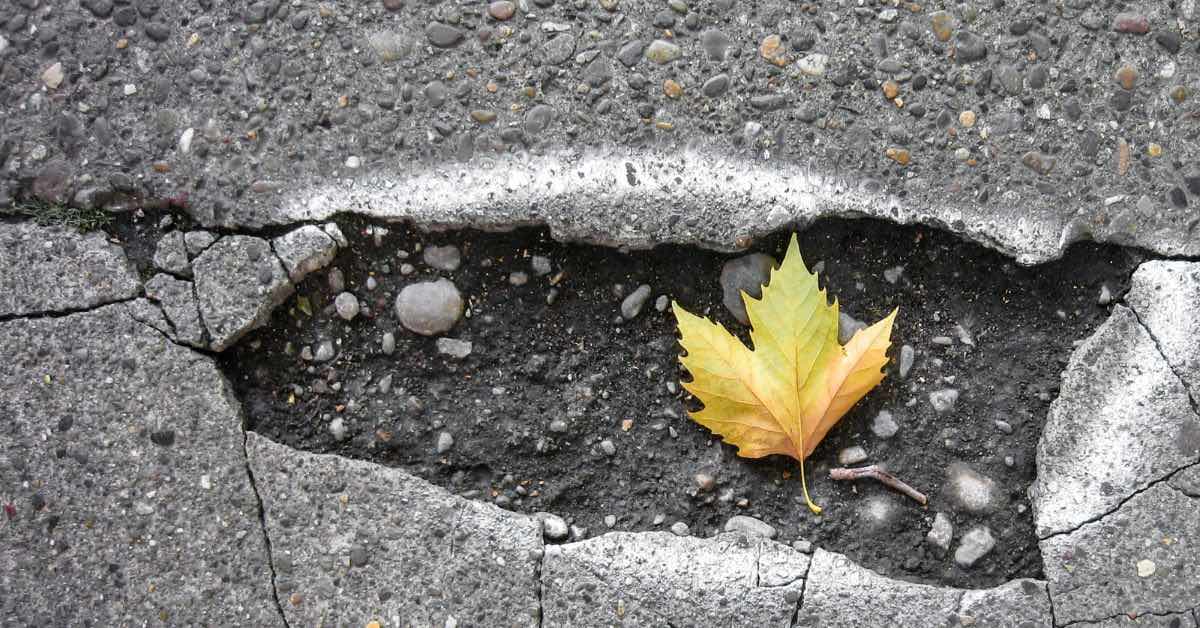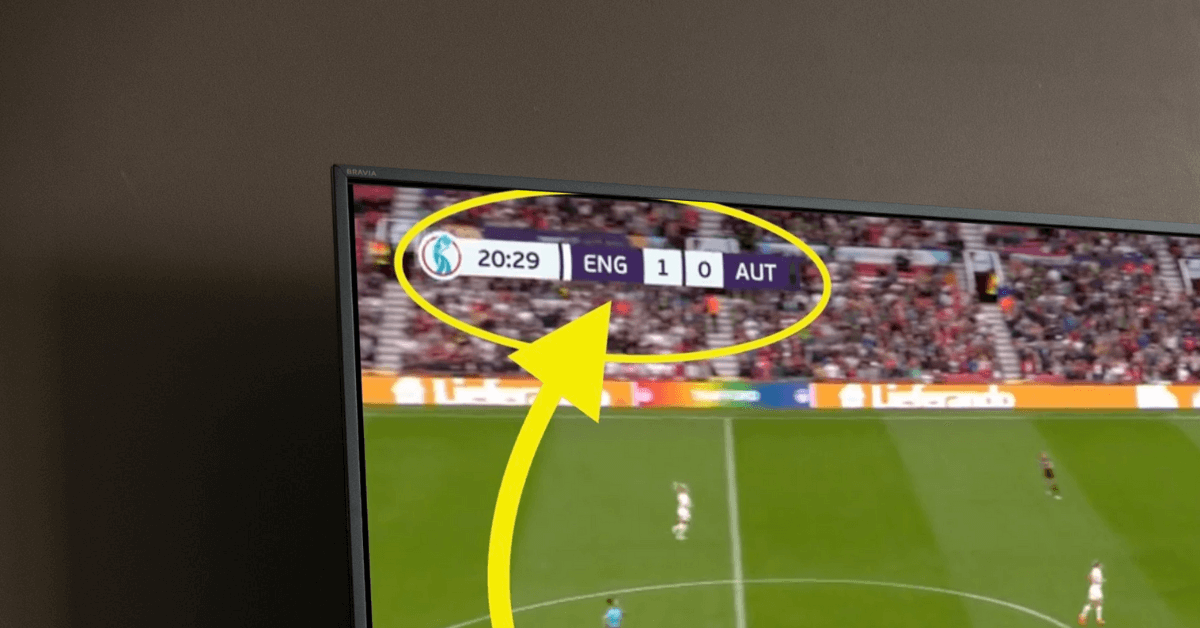When faced with a problem or a challenge, the temptation is to employ a quick fix. But how can taking a step back and gathering more information - about the context of the problem and the fit of the solution - provide a more effective and sustainable outcome? Let's take a look.
Hole in the road
Whilst driving the car along a local street on a recent errand I felt an almighty thud.
Looking in the mirror I realised I had hit a pretty large pothole. After checking the car for damage (of which thankfully there was none this time) I reported the hole to the local council.
Reporting was a relatively simple process via their website and I even received regular updates on progress.
So when I found myself walking along the same road a few weeks later and knowing the hole had been filled, I had a look.
Yes, the hole had been patched. But it was already fraying at the edges.
A quick fix, yes. But what happens next?
Patching up
The local authority is faced with a real challenge.
The road needs to be repaired. But resources - money, materials, personnel - are tight. Plus this hole is just one of many across the area that need filling.
They send a team out to patch the hole.
And that team has lots of holes to fill every day.
They only have a limited amount of time each hole. Added to which they only carry a limited amount of tarmac.
So they arrive, quickly patch the hole that has the white line painted around it and head off to the next one.
Yet what could the outcome have been if the crew had taken twice the time but excavated the hole to get a better foundation, filled it with a better product and sealed the edges to prevent decay.
And what might the longer term look like if they relaid part of the road.
Moving on from crisis
There are always challenges and constraints in life but there are things we can do. How do we make those more effective?
There will always be those who have lower incomes but food banks aren’t the solution to accessing food, they are a sticking plaster.
We need to cut our carbon emissions but electric cars don’t save the planet they shift the problem elsewhere to be solved by someone else.
Living everyday as a crisis doesn’t provide the space we need to understand what the challenge really is nor does prioritise the information that is critical in assessing how a different sets of positive, longer lasting outcomes might be achieved in dynamic environments.
Context
But there are steps we can take to do this better. To find solutions it is important to understand the problem and set a strategic course to fix it effectively, efficiently and economically.
To do so requires filling of the gaps in the road ahead.
Research is simply the process of filling in the gaps of what we know by finding and understanding the information we need to get stuff done.
Finding effective solutions calls for information about what the challenge is and the wider context in which it sits. With every challenge it is important to ask:
- Why is it a challenge?
- Where has it come from and what is its cause?
- What is going on around it and
- How does the challenge - and any potential solution - interact with all of that for good and bad?
This more often then not necessitates a step back and a look sideways to consider the options that might be possible, what might work and how it might be adopted effectively.
Snow clearing
Snow clearing in the Swedish town of Karlskoga illustrates this beautifully.
The immediate and seemingly most effective response - clearing the roads so that cars could get about with ease - in fact exacerbated the hazards for pedestrians. This resulted in more slips, hospital trips and costs than any traffic easing or the road accidents it saved. Instead clearing footpaths whilst leaving roads was a much more effective solution and is the approach now adopted with great success and satisfaction.
For the council in Karlskoga, getting to this point necessitated a step back and look to either side.1
Evaluating progress
Whilst knowing where you want to go builds on the answers to these questions through a clear set of objectives, of equal if not greater importance is knowing if and when you get there.
Identifying a meaningful set of measures to evaluate progress and metrics - both quantitative and qualitative - that are clearly understood are essential to enable this to happen.
These question will enable you to put in place a grounded plan with logical steps. You can only make progress by taking the first step Therefore it is important to know how you are progressing as you are going along the way.
Evaluation starts at home and it starts right at the beginning!
Karlskoga took a seemingly bold step to change their snow clearing strategy. They only knew it was working by collating the data about accidents and injuries. I’m sure if they had shown a different outcome the policy would be somewhat different today.
Smoothing the way ahead
There will always be challenges. You will always face constraints.
Never taking the first step whilst waiting for the perfect time, ideas or conditions achieves nothing.
Too often a rushed job leaves the solution frayed at the edges, a short term response to a crisis.
But the costs of doing nothing or the wrong thing can be high too.
There are things you can do, you need to know more first to make them effective.
Making the road ahead less bumpy means filling the gaps in what you know. The answer lies somewhere in the middle. Only by having better information before, during and after can you make progress to a sustainable and effective outcome.
1 A short summary of the changes to snow clearance in Karlskoga can be found in Matthew Syed’s Rebel Ideas with a more detailed case study in Invisible Women by Caroline Cried Perez.
You may also be interested in
Thought, inspiration and how-to straight in your inbox - Sign up today
By subscribing you will receive our newsletter up to 4 times a year and occasional news of forthcoming events. You can unsubscribe at anytime.





